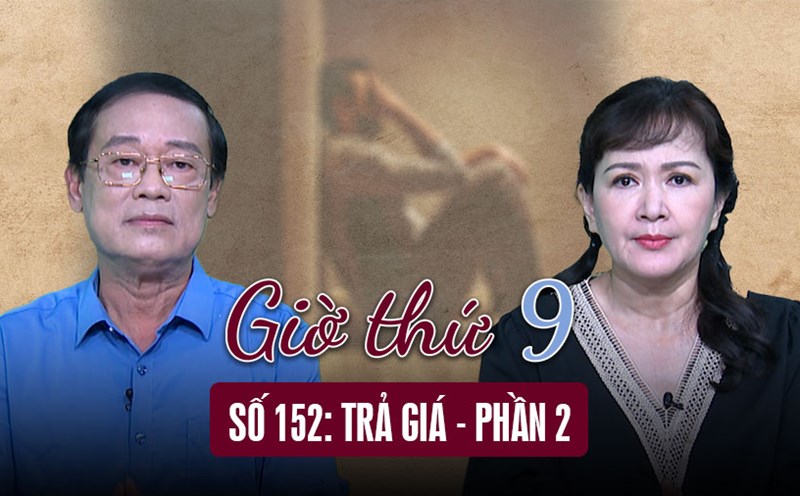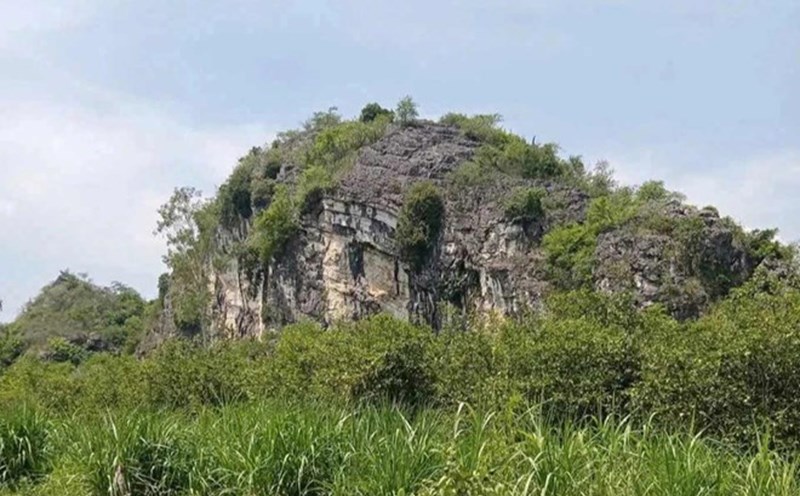Iranian state media reported that the third high-level nuclear talks between the country and the US officially began in the capital Muscat of Oman on April 26. Before this meeting, both sides confirmed that they had made progress in previous discussion rounds.
The US delegation was led by special envoy Steve Witkoff, while the Iranian delegation was led by Secretary of State Abbas Araghchi. Because this is an indirect negotiation, Oman Minister Badr Albusaidi was also present as an intermediary, supporting the two sides in exchanging.
Before this round of talks, the US and Iran held two rounds of discussions in Muscat (Oman) and Rome (Italy) since April 12. These meetings were assessed by both sides as having achieved "positive" results, paving the way for new steps forward in the nuclear issue.
Since returning to the White House in January for his second term, US President Donald Trump has changed his strategy towards Iran. On the one hand, he increased maximum pressure to force Iran to make a concession; on the other hand, he also called on the country to return to the negotiation table on the nuclear program.
In early March, Mr. Trump sent a letter to Iran's top leader, calling on Tehran to dialogue to avoid the risk of facing military action from Washington. Iran initially refused to negotiate with the US but later agreed to conduct indirect negotiations through Oman's intermediary role.
Currently, negotiations are still ongoing with the expectation of making substantial progress in resolving nuclear disagreements between the two sides.











